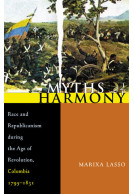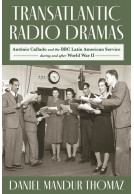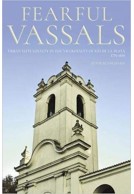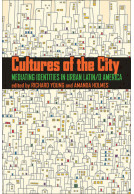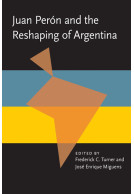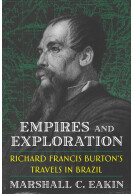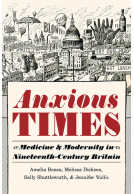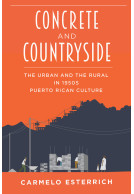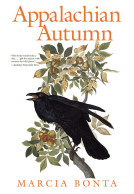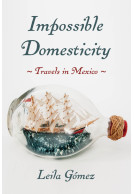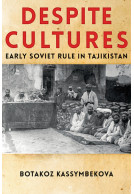Medicine and Politics in Colonial Peru (Paperback)
Population Growth and the Bourbon Reforms
Imprint: University of Pittsburgh Press
Series: Pitt Latin American Series
Pages: 304
ISBN: 9780822961116
Published: 24th October 2010
Script Academic & Professional
Series: Pitt Latin American Series
Pages: 304
ISBN: 9780822961116
Published: 24th October 2010
Script Academic & Professional
You'll be £45.00 closer to your next £10.00 credit when you purchase Medicine and Politics in Colonial Peru. What's this?
+£4.99 UK Delivery or free UK delivery if order is over £40
(click here for international delivery rates)
Order within the next 3 hours, 4 minutes to get your order processed the next working day!
Need a currency converter? Check XE.com for live rates
(click here for international delivery rates)
Order within the next 3 hours, 4 minutes to get your order processed the next working day!
Need a currency converter? Check XE.com for live rates
By the end of the eighteenth century, Peru had witnessed the decline of its once-thriving silver industry and had barely begun to recover from massive population losses due to smallpox and other diseases. At the time, it was widely believed that economic salvation was contingent upon increasing the labor force and maintaining as many healthy workers as possible. In Medicine and Politics in Colonial Peru, Adam Warren presents a groundbreaking study of the primacy placed on medical care to generate population growth during this era. The Bourbon reforms of the eighteenth century shaped many of the political, economic, and social interests of Spain and its colonies. In Peru, local elites saw the reforms as an opportunity to positively transform society and its conceptions of medicine and medical institutions in the name of the Crown. Creole physicians, in particular, took advantage of Bourbon reforms to wrest control of medical treatment away from the Catholic Church, establish their own medical expertise, and create a new, secular medical culture. They asserted their new influence by treating smallpox and leprosy, by reforming medical education, and by introducing hygienic routines into local funeral rites, among other practices. Later, during the early years of independence, government officials began to usurp the power of physicians and shifted control of medical care back to the church. Creole doctors, without the support of the empire, lost much of their influence, and medical reforms ground to a halt. As Warren’s study reveals, despite falling in and out of political favor, Bourbon reforms and creole physicians were instrumental to the founding of modern medicine in Peru, and their influence can still be felt today.
Other titles in the series...
Other titles in University of Pittsburgh Press...









